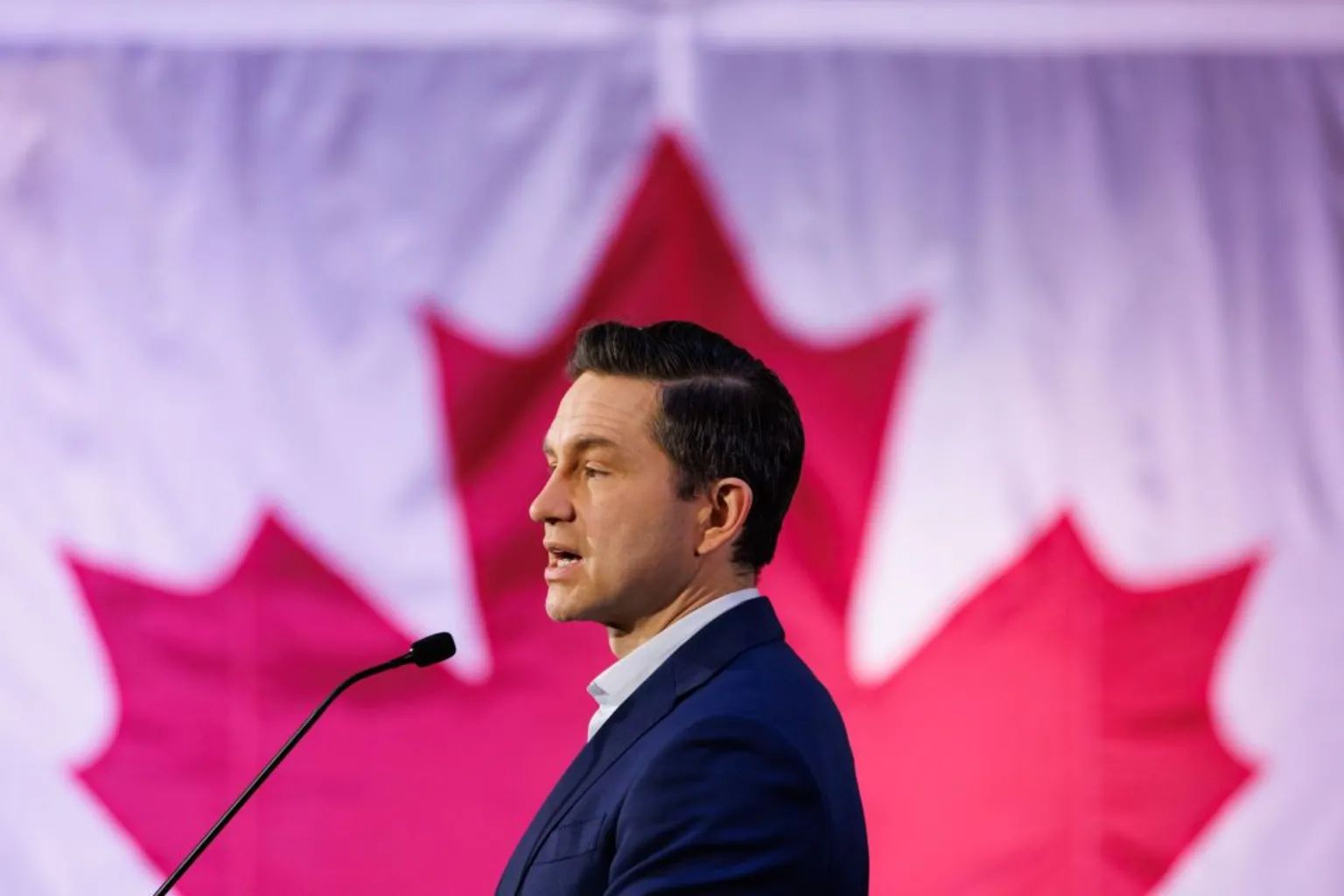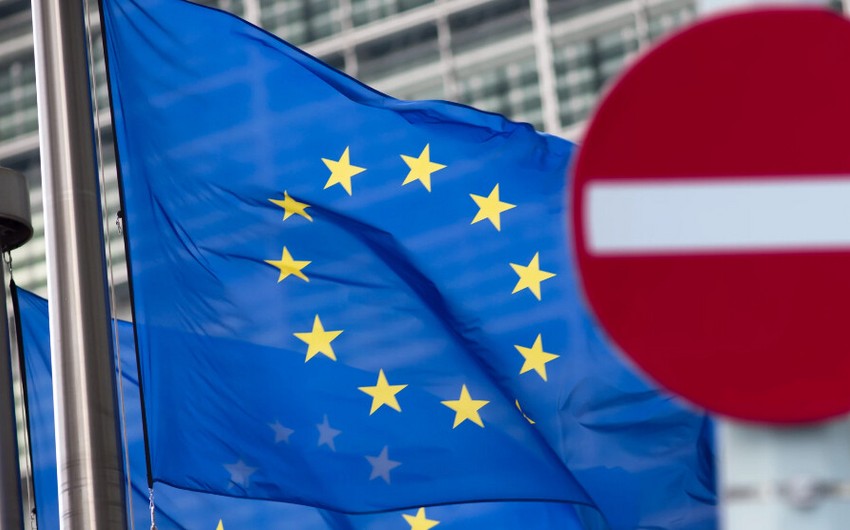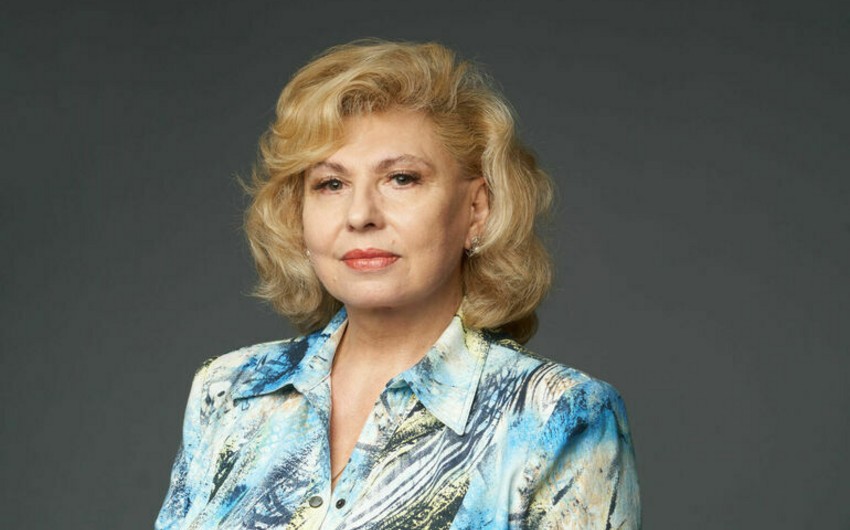Canada's Conservative Party leader - now 45 - laid out a low-tax, small government vision for the country in an essay contest on what he would do as prime minister.A dollar left in the hands of consumers and investors is more productive than a dollar spent by a politician.Poilievre is now one step closer to making his vision a reality, and even gave a nod to the essay in a recent interview with conservative psychologist and commentator Jordan Peterson.For Canadians frustrated with a sluggish economy and a housing and affordability crisis, Poilievre has promised a return to "common sense politics", and offered an alternative to what he labelled as former Prime Minister Justin Trudeau's "authoritarian socialism".
He now finds himself facing a different political foe, new Liberal leader and Prime Minister Mark Carney.While Poilievre's Conservatives have enjoyed a large lead over the struggling Trudeau Liberals in national surveys for months, support for the Liberals has shot up following Trudeau's resignation.Now the outcome of the general election is a significantly tighter race.Still, Poilievre's message is resonating in parts of Canadian society, as his campaign continues to draw large crowds across the country.
Critics have painted him as a sort of Donald Trump "light" - a parallel that has become a liability amid Trump's trade war and musings about a "51st state".Poilievre has sought to distance himself from the US president, positioning himself as a "tough guy" who can take on Trump, and has pointed to his modest upbringing as one of the differences.
A Calgarian with his eyes set on Ottawa
Poilievre was born in Canada's western province of Alberta to a 16-year-old mother who put him up for adoption. He was taken in by two school teachers, who raised him in suburban Calgary.As a teenager, Poilievre showed an early interest in politics, and canvassed for local conservatives.Poilievre was studying international relations at the University of Calgary when he met Stockwell Day, who served as a cabinet minister under former Conservative Prime Minister Stephen Harper.
At the time, Day was seeking the leadership of the Canadian Alliance - a right-wing party with Alberta roots that became part of the modern-day Conservatives in a 2003 merger - and he tapped Poilievre to help with campus outreach.Day's leadership bid was successful, and he set out for Ottawa with Poilievre as his assistant. Some time after, Poilievre walked into his office on a cold winter night to ask his opinion about potentially running for office.Poilievre went on to win a seat in Ottawa in 2004 at the age of 25, making him one of the youngest elected Conservatives at the time. He has held that seat since.
In Ottawa, Poilievre was given the nickname Skippy by peers and foes alike due to to his youthful enthusiasm and sharp tongue.He built a reputation for being "highly combative and partisan", said Randy Besco, an assistant professor of political science at the University of Toronto.Behind the closed doors of Conservative caucus meetings, Poilievre showed his diplomatic side.
"Pierre was always good at saying, 'Okay, you know what? I hadn't thought of that,' or he would listen and say: 'Have you thought of this?'" said Day.
Still, confrontational politics became a cornerstone of Poilievre's public persona. After becoming Conservative leader in 2022, he would target Trudeau with biting remarks as a way to connect with disaffected voters.It has landed him in trouble at times. In April, he was expelled from the House of Commons for calling the former prime minister a "wacko".
Poilievre told the Montreal Gazette in June that he is a fan of "straight talk".
His combative style has also been divisive, and he has been criticised for oversimplifying complex issues for political gain.
While Canadians have been open to the opposition leader's message as a change from Trudeau's brand of progressive politics, just under half of them hold an unfavourable opinion of him, according to a recent poll.Poilievre has also had to shift his sights since Trudeau's resignation to get ahead of the inevitable match-up between him and Carney.
The Conservative leader has been described as a "soft" populist for his direct appeals to everyday Canadians and criticism of establishment elites, including corporate Canada.It has been pointed out as a weakness by his critics, as the bulk of Canadians have become angry and frustrated with another well-known, nearby populist-Trump.Canadians priorities have shifted since the Trump administration launched a trade war against Canada, with the relationship between the two countries now the top of mind for voters.
It has forced Poilievre, who had not stepped much into foreign policy prior, to pivot. He has since pushed back at Trump's comments suggesting Canada become a 51st US state, vowing to "put Canada first".Trump has disparaged the Conservative leader in response, telling the UK magazine The Spectator that he is not "MAGA enough." In an interview with Fox News, Trump said that Poilievre is "stupidly no friend of mine".On domestic issues, Poilievre has pledged to deliver "the biggest crackdown on crime in Canadian history", promising to keep repeat offenders behind bars.
He also came out in support of those who protested vaccine mandates during the 2021 "Freedom Convoy" demonstrations that gridlocked Ottawa for weeks.On social matters, he has rarely weighed in - something Prof Besco said is typical of senior Conservatives, who see these topics as "a losing issue".While Poilievre voted against legalising gay marriage in the early 2000s, he has recently said it will remain legal "full stop" if he is elected.
The Conservatives also do not support legislation to regulate abortion, though they allow MPs to vote freely on the issue.There will be no laws or other restrictions imposed on a woman's right to decide to do with her body as she wishes.
Madina Mammadova\\EDnews








